Kuyavian-Pomeranian Voivodeship
8.44
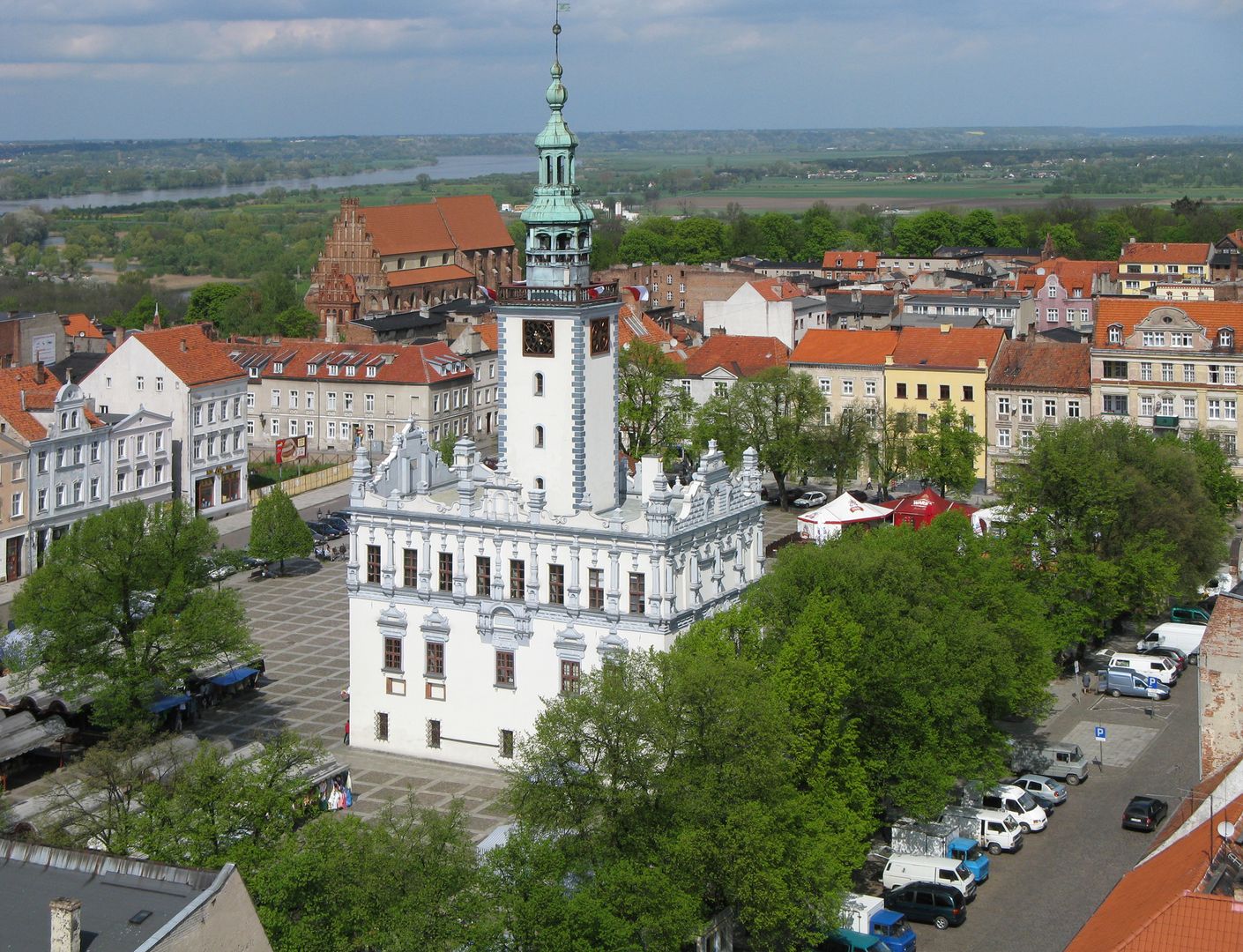
Overview
The Kuyavian-Pomeranian Voivodeship, established in 1999, is located in north-central Poland, covering an area of 17,971.34 km². Inhabited by approximately 2 million people, the region is not only the seat of the voivode in Bydgoszcz but also a cultural and historical treasure. The architecture of the region is rich in Gothic elements, represented by Teutonic castles in Toruń, Chełmno, and Grudziądz, as well as Renaissance town halls. Kuyavia and Pałuki are known for their Romanesque monastic buildings, such as those in Mogilno and Kruszwica, which played a significant role during the formation of the Polish state. A notable attraction is Biskupin, the site of an ancient defensive settlement of the Lusatian culture, recognized as a Historic Monument. The region abounds in rich cultural heritage, with many objects holding protected status and 41,425 archaeological sites. Among the tourist attractions, the graduation towers in Ciechocinek and Inowrocław, as well as the picturesque landscapes of the Tuchola Forest—the second-largest forest complex in Poland—stand out. Kuyavian-Pomeranian is also a hub for cultural events, such as the International Film Festival of the Art of Cinematography "Plus Camerimage" in Toruń and the Festival of Theaters of Northern Poland. The region's role in industry is also highly important, with dominant chemical, food, and machinery production. Interestingly, the voivodeship ranks first in the country in the production of soda and salt. Bydgoszcz is home to educational institutions such as Kazimierz Wielki University and Bydgoszcz University of Science and Technology, as well as numerous regional facilities that are beginning to foster innovative enterprises. Meanwhile, Toruń, the city of Nicolaus Copernicus, is renowned for its rich scientific heritage and serves as a venue for national-level meetings and festivals. The region's young glacial landscapes, natural lakes, and rivers such as the Vistula and Brda offer attractive kayaking routes, attracting tourists and nature enthusiasts. The voivodeship's community is diverse in terms of ethnicity and religion, and their cultural activities are reflected in both local practices and the region's multiculturalism. Kuyavian-Pomeranian blends tradition with modernity, best exemplified by its dynamically developing cities that preserve their historical and architectural heritage.
Location
Country
You can also find here:
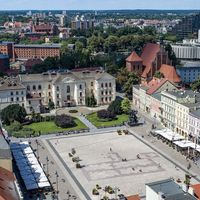
Bydgoszcz
8.44
Unisław Deanery

Grudziądz
8.44
Grudziądz II Deanery
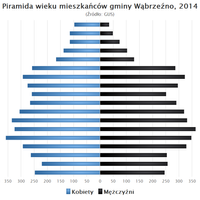
Ryn
8.44
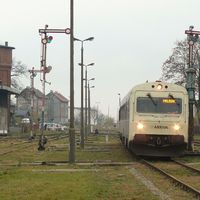
Toruń County
8.44

Toruń
8.44
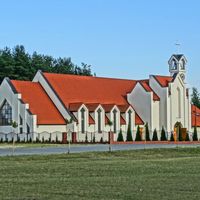
Bydgoszcz County
8.44

Powidz Landscape Park
8.33
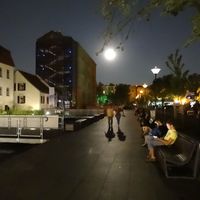
Granaries in Bydgoszcz
8.33
Bydgoszcz
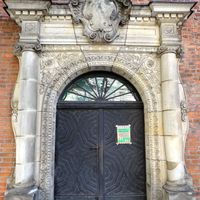
Church of the Poor Clares of the Assumption of the Blessed Virgin Mary in Bydgoszcz
8.27
Bydgoszcz
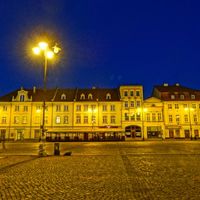
Old Market Square in Bydgoszcz
8.27
Bydgoszcz
2025 Wizytor | All Rights Reserved